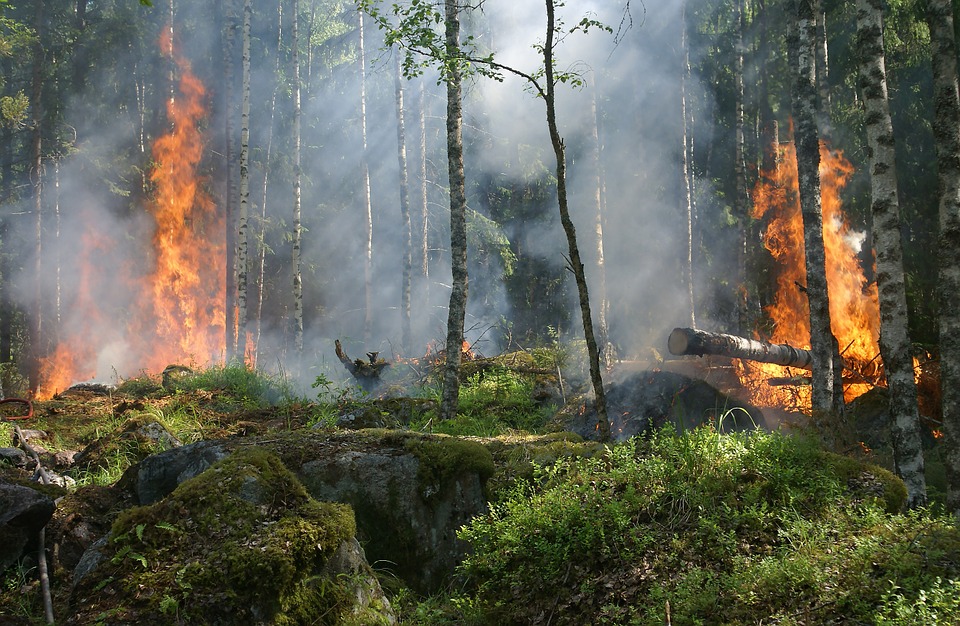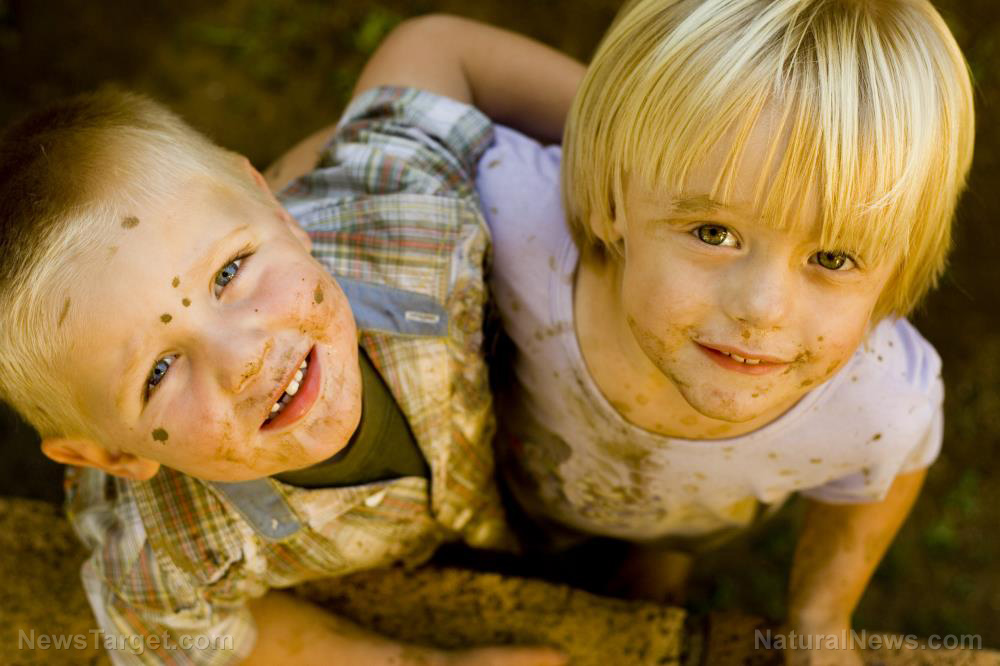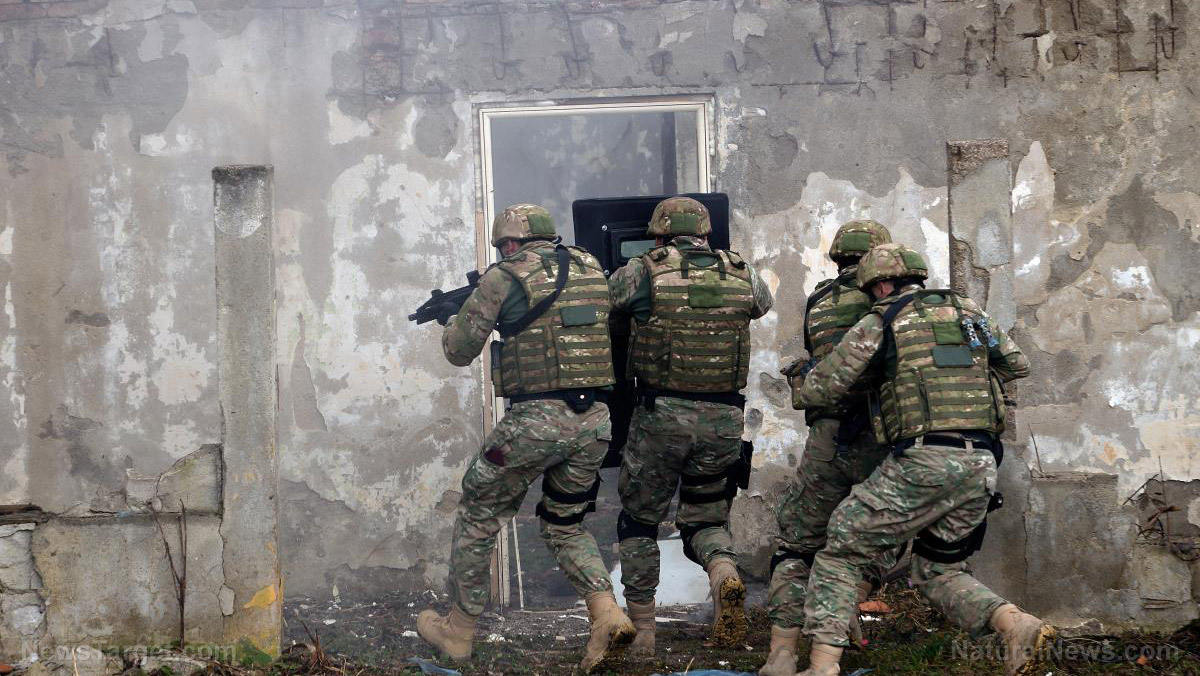Ecologists advise Israelis to resist tree-planting after fires
11/30/2016 / By resistnews

People should resist the urge to plant new trees in Israel following the more than 1,700 brush fires that ravaged tens of thousands of dunams throughout the country over the past week, say ecological experts. New trees — along with the actions involved in planting them — could damage natural ecosystems and inhibit natural rejuvenation of the landscape, they say.
Article by Renee Ghert-Zand
According to Dr. Ofri Gabay, an ecologist for the Society for Protection of Nature in Israel, the land is accustomed to enduring and surviving different types of disturbances, including the spate of fires that took place past week.
“From an ecological standpoint, these fires do not qualify as a disaster. Nature can handle them on its own without any human intervention,” said Gabay.
Although it will take years, regrowth based on the natural seed bank found in the ground itself will be quicker than might be expected. Tree plantings may be indicated in some small areas, but should be undertaken only after an ecological evaluation survey has proven their necessity.
SPNI’s biodiversity policy coordinator, Alon Rothschild, added that planting pine trees must be avoided at all costs, because they are “opportunistic” plants that harm the natural balance and set the stage for more wildfires because of their high inflammability.
Gabay said she understood the impulse to plant new trees, given the long history of tree planting in Israel for political and cultural reasons. However, she advised letting nature take its course, especially in areas with low levels of natural vegetation. The only human intervention needed is the removal of invasive species, such as the golden wattle, that tend to spread after wildfires.
Onlookers visiting the fires’ aftermath can also be detrimental to natural regrowth, said Gabay.
“People should stay away from these areas. Walking, and especially driving on burnt ground can be damaging. We need to let the grasses and ground cover have a chance to grow, at least for the next few months,” Gabay said.
Rothschild suggested that Israel’s government and the Jewish National Fund-Keren Kayemet Leyisrael focus their efforts on raising funds for the costly process of creating necessary buffer zones between the previously wooded areas and human living areas.
“These buffer zones need to be developed with thought, taking into consideration the terrain and the various plant species in the area. Pine trees should certainly be gotten rid of. And of course, there should be an emphasis on making sure there is good access for emergency vehicles and water sources for fighting fires,” Gabay said.
Like other Israelis concerned about the dry conditions that exacerbated the fires, ecologists look forward to rain forecast for later this week. However, they also worry about flooding and erosion while the ground is trying to recover in the immediate aftermath of the fires.
“There’s not much that can be done other than to hope that there will be some quick growth that will retard erosion. I just hope that the first downpours of the winter season will be moderate,” Gabay said.
Read more at: timesofisrael.com
Tagged Under: Ecologists, fires, Israelis, Tree Planting




















